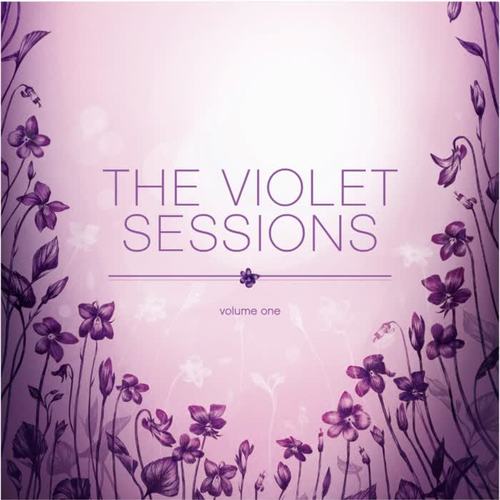
The Violet Sessions, Vol. 1
“Who knew in 2004, when I first thought we could light up cancers with a molecule based on a scorpion toxin, that we would be helping people with it today?” says Dr. Jim Olson, laughing at the memory. “Imagine the grant reviewers getting that.”
But the Seattle pediatric oncologist’s incredulousness is not meant to suggest the impossibility of his statement—just the opposite. In fact, he and his team of research scientists are well on the path to making that fantastic hypothesis a life-sustaining reality.
Dr. Olson, a Member at the Fred Hutchison Cancer Research Center and Attending Physician at Seattle Children’s Hospital, is no stranger to outside-the-box methods and practices. The visionary, resourceful brilliance of his “Tumor Paint” procedure (currently undergoing clinical trials in human cancer patients) and other cancer-fighting drug blueprints from nature is matched by equally unorthodox funding programs somewhat uncommon to modern laboratories: crowdsourcing, or more aptly, citizen science. His Project Violet campaign (ProjectViolet.org), named for an 11-year-old patient of Olson’s whose grace and compassion throughout her losing battle with cancer inspired him, offers backers the opportunity to sponsor and name specific experimental drugs and track their progress. And now, with the release of The Violet Sessions in October, Olson is utilizing the therapeutic and communal qualities of yet another powerful medium to help raise awareness and research funding: music.
In 2006, Olson and his wife began hosting private concerts at their lakeside Seattle home as a retreat to escape from the extreme emotional challenges of his work. Inviting friends and colleagues as well as past and present patients and their families, the shows delivered on that expectation and more, creating strong, even transformative gatherings of community. Together with Olson, several of the local musicians who performed had the idea to record the live sessions and to release them as an album to benefit Project Violet. The musicians, who had connected with Olson’s patients and research team, came together to “philanthropically contribute their songwriting and music to creating a CD that could raise money to pay for the scientists that are creating these new drugs for these diseases that we currently consider incurable,” says Olson.
The compilation includes two songs each from Noah Gundersen, Naomi Wachira, OK Sweetheart, St. Paul de Vence, Le Wrens, Ben Fisher, and Hey Marseilles, whose Sam Anderson recorded the performances live at Olson’s home. “When we’re in these intimate concerts, everything else in your mind just floats away and you’re taken to a new place,” says Olson. “And it’s not uncommon for the after party to go to three or four in the morning. A few months ago, the father of one of my patients pulled a harmonica out of his pocket and next thing I know he’s standing up on a stool playing and everybody’s jamming and singing at the top of their lungs. When these families get together, incredible moments and memories are made.”
Olson cites the performance of Erin Austin of OK Sweetheart’s performance of “Safe” as particularly powerful. “Everybody in the room was so moved. Naomi [Wachira] was next to me and started sobbing, as she had lost her father the year before,” says Olson. “And the day I got the recording from Sam, I played it for each of the people who came into my office—three of them were crying by the end and the others couldn’t talk for several minutes after. I sent the song to families who have lost their children over the last 23 years; some decades ago, some three months ago. And everyone in the emails said, ‘These are the words that I speak everyday.’”
When it comes to the subject of legacy, the visionary methods of Dr. Olson and his research team are truly changing the game by creating and sustaining permanent and lasting resources that will be available to the public forever.
“I’ve always been driven by the passion of the patients that I care for, and that is the foundation of our research,” says Olson. “Investing energy into building a drug discovery platform that can help people for decades has become my paramount concern. I want my team and my community to create something that will make this place better for the long term, and that will be a true gift to the world.”
